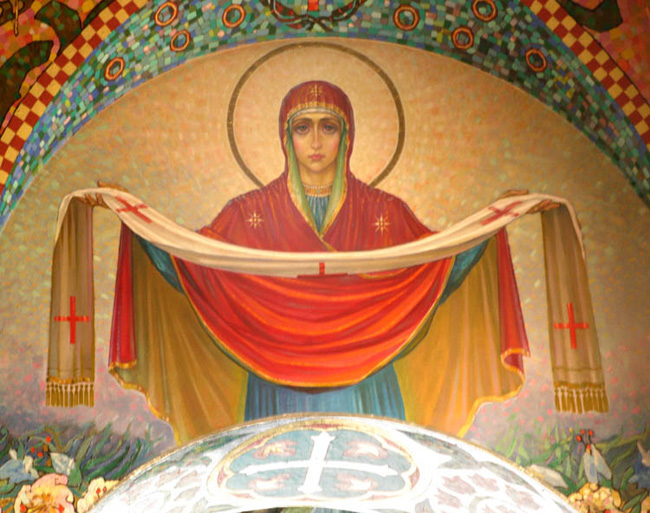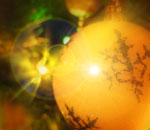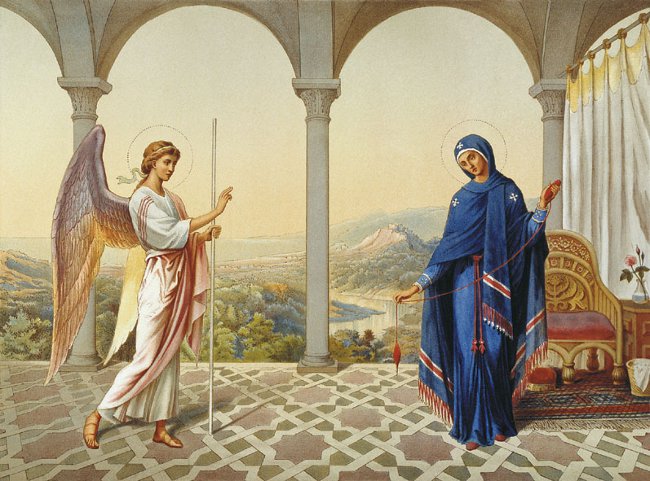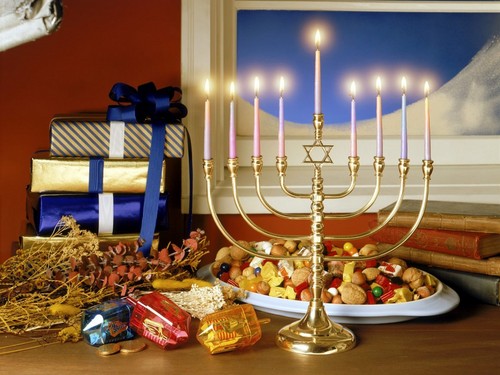Sukkot: Feast of Shalashi
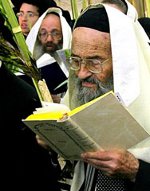
October 12, Jews around the world are beginning to celebrate Sukkot - one of the three Israeli holidays associated with the agricultural year and reminiscent of the exodus of Jews from Egypt. What traditions are associated with this holiday?
To start with, Sukkot, like some other Jewish holidays, lasts a whole week - from 15 to 21 the number of the Jewish month of Tishrei. Since the Jewish calendar does not coincide with the Gregorian calendar, every year Sukkot has different dates according to the standard calendar. Sukkot 2011 begins October 12 after sunset, and the first full day of the holiday is October 13.
The word "sukkot" is translated from Hebrew as "thickets"("huts"). On this holiday, the Jews for a week move to the huts from the branches in a reminder of the temporary huts in which they lived during the forty years of wandering through the desert after the exodus from Egypt. And Sukkot is a harvest festival. During the existence of the Jerusalem Temple, it was customary to make a pilgrimage to the Temple, bringing the first fruits of its harvest there.
One of the traditions of the Sukkot holiday is construction of a sukkah, in which you need to live for seven days (under"To live" is meant to "make a meal", i.e. eat and drink). The succu is always built under the open sky. The hut should have at least three walls. They can be made from any building material. But the roof can only be covered with branches. Inside the sukkah, shadows should be more than light, but along with this night, through the gaps between branches, stars should be visible.
Sukku is customarily decorated, during the holiday it is impossible to bring stained things to the hut or enter it in dirty clothes. In the sukkah eat throughout the holiday, but especially important meals during the first and second evenings of the holiday. Even if a person is sick, in the first two eveningsSukkot he must eat in a sukkah at least a small piece of bread. The same applies to torrential rain: if the weather does not allow us to spend a full meal in a sukkah, at least a piece of bread in a hut should be eaten.
Before a meal, be sure to light candles with the appropriate blessing, utterblessing over wine (Kiddush), say blessing to stay in the sukkah, wash their hands and bless the bread. Women, by the way, do not have to eat in the sukkah. But they have the right to fulfill this commandment on a par with men and to pronounce the same blessings.
One of obligatory attributes of the Sukkot holiday - this "arbaa min", Four types of plants. These include the fruit of the citron (etrog), three branches of myrtle (adas), the unopened shoot of the date palm (lulav) and two branches of the river willow (arava). Branches of plants are collected in a "bouquet" and taken in the right hand, the fruit of the citron - in the left, connect both hands and give special blessings, slightly waving the plants in the direction of all sides of the world alternately. It is advisable to do this in the sukkah. Blessings are pronounced on all days of the holiday, except Saturday (Shabbat).
The first two days of the Sukkot holiday are "full" holidays. In Israel they are publicweekends. As on Saturday, these days it is forbidden to perform any work (including lighting a fire). Therefore, a festive treat is prepared in advance and maintained in a warm state during these two days. The last day of the holiday is also a non-working day.
The remaining days are called "Hol-a-Moed". These are peculiar "weekdays of the holiday": these days you can work, but at the same time you need to fulfill all the commandments connected with the holiday. Still, people usually try to do only the most necessary work these days, and routine domestic chores are avoided. During the whole holiday, including in Hol-a-Moed, they eat delicious food and wear smart clothes.
For the holiday Sukkot adjoins Shmini Atzeret. It is considered a separate holiday, but together withso it can be regarded as the eighth day of Sukkot. In Shmini Atzeret it is customary to read memorial prayers, and also pray for rain. On the same day, Israel is celebrating Simchat Torah, the end of the annual cycle of reading the Torah and the beginning of a new cycle. In the Diaspora, Simhat-Torah is celebrated the day after Shmini Atzeret.

